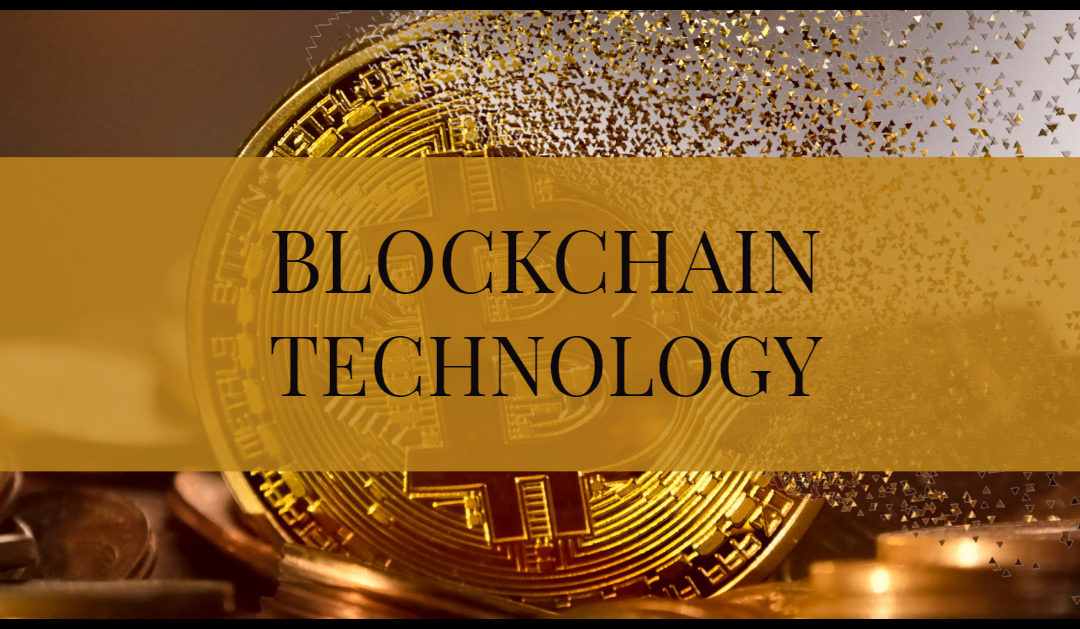Blockchain Technology: Changing How Real Estate Works
Blockchain is a revolutionary technology that is gaining popularity in many industries. While many people pay close attention to technological disruptions, many are still not aware of how blockchain works or how it will affect real estate.
Blockchain Overview
In its simplest form, Blockchain technology is a series of transactions stored in several computers (possibly millions of them) across the globe instead of your PC. These computers have the exact same record of transactions in each one of their ledgers. They offer a consensus on the transactions that have occurred and the manner in which they occurred.
By recording and gathering transactions into a secure decentralized ledger system, it results in a chain of sequential data that no one has control of. The main benefit of the system lies in its ability to validate and process transactions in real time without involving intermediaries such as financial institutions.
Blockchain in Real Estate
This technology has the potential to change how we transact. Even industries, which are usually slow in adopting changes, like real estate are shifting gears. A Deloitte study, on the impact of Blockchain in the commercial real estate, suggests that there is potential for a massive change in the sector.
According to a report on the value of Blockchain in rebuilding the commercial real estate sector from the global credit reporting agency, DBRS (Dominion Bond Rating Service), people are still looking for ways to apply the technology in a way that favors them. To some real estate professionals, Blockchain is part of a confusing world of real estate technology.
Currently, there are a number of applications of the technology in property business. The following are some of them.
Management Process
An area where Blockchain could have a significant impact is the acceleration and simplification of transaction management processes. This is one area of real estate that is inefficient and usually time-consuming. Though there is no concrete application so far, announcements by industry leaders suggest that simpler, repetitive management processes may be streamlined with the Blockchain technology.
A majority of real estate transaction management processes such as renting, financing, buying, and selling are still paper-based. What makes them even more inefficient is that they are still in the hands of middlemen such as banks, property managers, brokers, notaries, attorneys, and other advisors.
Application of Blockchain might make transaction management faster and smoother. Through smart contracts, stakeholders would complete the process of sale or lease agreement in real time, hence expediting deals. This means you can receive payments instantly even past the normal business hours.
With Blockchain, you can create, audit, and verify contracts in real time from anywhere in the world. Since smart contracts have instructions that are firmly rooted in the transactions, payments can only be processed when all the instructions are respected. This provides some level of transparency to all parties, and you are less likely to have payment disputes.
There are talks of using the technology to automate and speed up rental processes. For example, Blockchain can speed up tenant screening and onboarding process. Smart contracts can help to authenticate identities and check requirements for rental such as payment. The parties to the contract, such as a property owner or a tenant, can access transactions using a personal digital key, reducing the possibility of fraud.
This application can work best for recurring standardized leases such as parking spaces, apartments, offices, and conference rooms in work centers.
Land Records
Historically, access to land titles has been challenging because most of the records are still kept offline. Blockchain technology can dramatically cut the time spend by a real estate agent to process transfer titles with an added benefit of complete transparency.
Some governments are already looking into how they can apply Blockchain in their land registries. Sweden, The Republic of Georgia, Ukraine, and Dubai are already testing the suitability of the technology. The UK has plans to transfer land records to Blockchain before 2022.
Buying and Selling of Property
In the near future, Blockchain may make it possible for you to buy a home by completing a shopping cart. The technology eliminates the need for paper money transactions and simplifies legal agreements. With Blockchain, the buyer is assured of getting the title deed for the house, while the seller knows that he or she will receive the money.
Transfer of Shares
Even today, property is still the biggest asset class in the world. While most people will agree that real estate is a lucrative investment, they still find it difficult to break into the industry. But with the adoption of Blockchain, gears will soon shift.
Blockchain has the potential to simplify the transfer of shares making it simpler for investors to diversify their portfolios. Through tokenization of assets, converting the value of a real-world asset into a proof-of-asset token will be simplified. This makes it faster, convenient, and easier to split assets.
Challenges
As with any new technology, adoption of blockchain is still slowed by a few challenges. A major obstacle to the adoption of Blockchain technology in real estate is how ingrained the players are and how intricate the process is. The process of making smart contracts legally binding might take time. While industry leaders may find it easier to use the technology in their real estate businesses, an ordinary person looking to buy a home may be slow to adopt the changes.
Despite its great potential, the technology has its critics. Some critics have raised concerns about security and reliability of blockchain technology. There is also the element of human error caused by wrong keying of information into the database.
Moving Forward
In this era of continually evolving real estate technology, savvy real estate professionals will continue to thrive especially with the adoption of blockchain technology in the real estate industry. Blockchain does not seek to replace real estate agents; the advice, knowledge, and support offered by these professionals will still remain important in the buying and selling process.
This technology will change how transactions are done. Most of the processes will be simplified and your real estate agent will be able to complete more transactions in a shorter time. On top of this, fraud will be drastically reduced. As a consumer, it’s best to keep your eye on this developing technology that’s sure to change the way the real estate game works.



